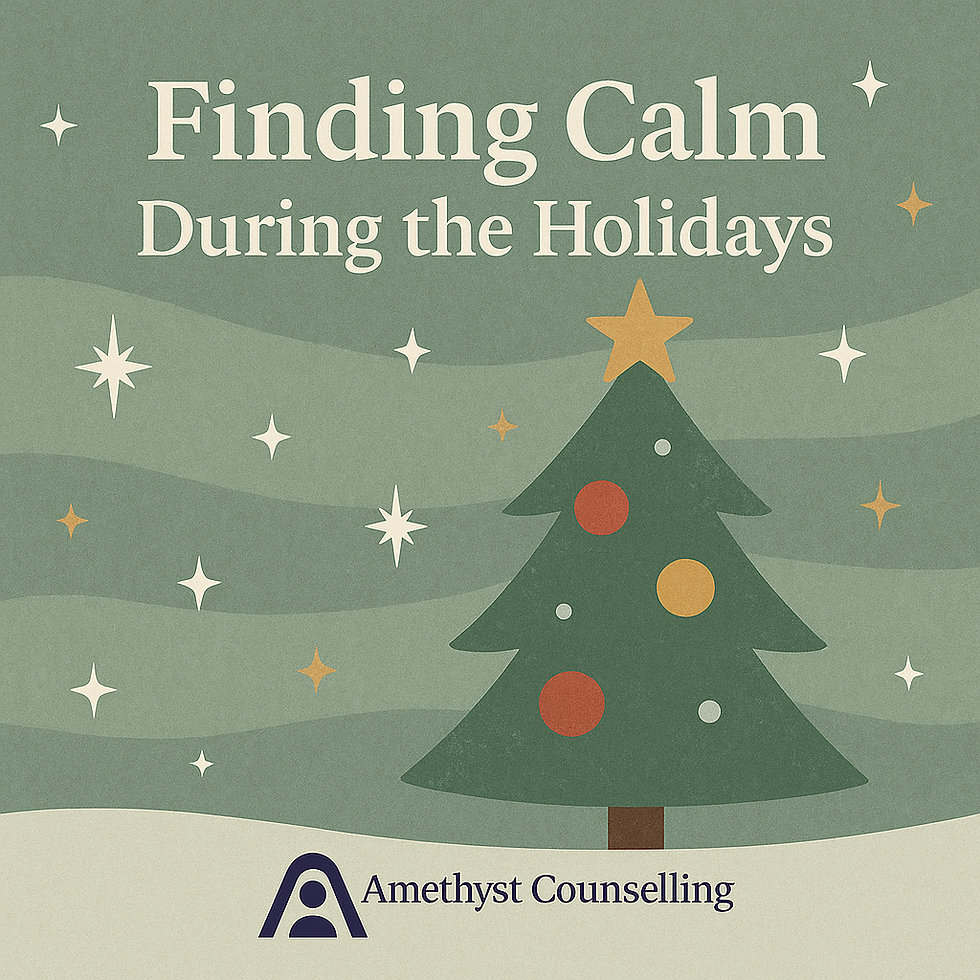Struggling with sleep?
- ruthgem24
- Feb 10, 2020
- 4 min read
Sleep, something that seems so passive and natural can actually be really difficult to do and poor sleep can affect so many parts of your life, events that usually wouldn’t trouble you too much can seem 100 times harder, it is harder to focus and concentrate and you can be more irritable. How does it affect you?
What, though, is poor sleep? This can vary from person to person, the common perception is that we all need 8 hours a night, this isn’t really true, some people need more, some people need less, it all depends on our individual physiology, it can vary from between 5 – 10 hours! You can try to determine how much sleep you need by monitoring what you get each night then noting how you feel in the morning, but, to confuse matters, it also isn’t just about how long we sleep for but the quality of sleep we have, how long we spend in each sleep stage. The important bit (well they are all important but the most important bit) is getting some REM (Rapid Eye Movement sleep). This stage usually happens about 90 minutes after falling asleep, it can last for up to an hour and apparently the ‘average’ adult spends 25% of their sleep in this REM stage. Why is this so important? Scientists have found that this is where your memory and learning are consolidated and where your emotions are processed, which releases stress.
Knowing how much sleep you need is one thing, but it is quite another to actually get that! Sleep can be affected by all sorts of things, temperature, light, sound, illness, being uncomfortable, self-talk/overthinking/worrying etc. it can be really hard to pin down exactly why you are not sleeping, especially when it is 2am and all you want to do is sleep! I would say that the best time to sort out your sleep is when you are awake. There are so many different places out there giving sleep advice for example;
From not eating too close to bedtime, getting some daylight during the day, taking light exercise, buying a new mattress/pillow/duvet, only using the bed for sleeping (not reading and watching TV), winding down before bed, having a set bedtime routine, eating well….its all out there and easy to find. A lot of it, I think, is finding what works for you, a routine that fits with you and your lifestyle, I recommend trying different things to see what does work, don’t rule anything out give it all a go, you never know.
What if your trouble getting to sleep is more about your self-talk, the worries and anxieties whizzing round your head? According to that sleep study I mentioned 54% of women and 40% of men say worry, stress and anxiety prevented them from sleeping. It can be so frustrating can’t it? Feeling tired, going to bed then *bing* your brain decides its time to worry and plan. How does this fit with all the other sleep advice out there?
I think that it still does, your brain has, for whatever reason, learnt that this is the time you ‘want’ to worry and think and plan, so maybe it is about learning a new way to be at bedtime. All the sleep advice mentioned above can help you to do this along side some other stuff. I recently discovered a really good book by a guy called Colin Espie – Overcoming sleep and insomnia problems. It takes a CBT based approach to dealing with sleep and in it he discusses several techniques for calming your mind at bedtime. One such technique is setting aside 20 minutes in the early evening to do what I call a brain dump.
Sit down with a notebook, somewhere you wont be disturbed, and think about what has gone on during the day, the events and your thoughts and feelings, positive and negative, around them. Write these things down in the notebook, reflect on the day. Next make a list of things that you need to do tomorrow, things you are worried about, things that you are looking forward to and things that you are unsure about. Anything you are unsure about or are not looking forward to make a short plan of what you can do about this and when. Once you have done all this and are happy with it close the notebook on your day and move onto a relaxing evening routine. When anything comes into your head during the night just reassure yourself that you have it down, if anything else comes up simply note it down on a piece of paper next to your bed.
Now this does take time and commitment, it isn’t a fast fix but over time I think it could be really helpful, what do you think?
If the worry, stress and anxiety is really having an impact on you I would also say go and talk to a counsellor, like myself, who works with the issues you are experiencing. It is one thing to read about the different techniques that can help but it is also really beneficial to talk things through with a professional. If you see my last blog post there are some helpful tips on finding the right counsellor for you.
Have you got any sleep tips that have helped you? Please share them in the comments, they may help someone else!




Comments